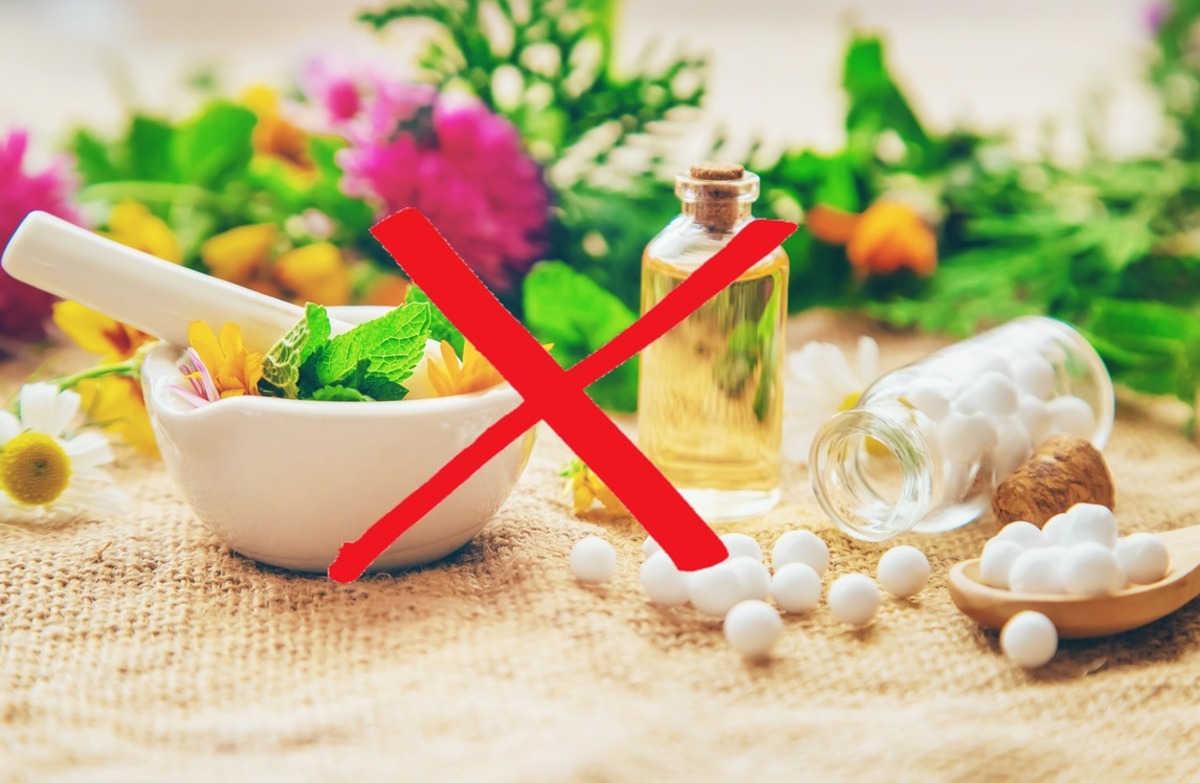Though post-traumatic stress disorder can be a debilitating, soul-sucking condition, research has established that only a minority of people who were diagnosed with PTSD — or would be, if they sought treatment — access evidence-based care for the disorder. That, of course, mainly refers to various kinds of psychotherapy and medication.
Folks with PTSD are reluctant to take this step for all sorts of reasons. They may not have access to therapy and medication, or might not have the financial means or even the time. They may not be convinced that therapy could help them, and really don't fancy laying their darkest thoughts and experiences out for some stranger to analyze. They may think they can cope OK on their own, or may be scared of the stigma associated with both PTSD and psychotherapy.

Among these alternative methods are those that have some scientific merit — like regular physical exercise, journaling for PTSD, meditation, and even prayer and participation in a religious community. There are also those that really fall short, however. Homeopathy is one of these.
Does homeopathy have any real scientific merit?
No, not really — not in any context, whether we're talking about physical or mental health issues. The ideas on which homeopathy is based, that "like cures like" and that diluting a substance, in alcohol or distilled water, make it stronger aren't just unproven, but they make no scientific sense whatsoever. In many cases, the original substance is so diluted that not a single molecule of it remains.
You can read more here — The truth about homeopathy: What's weaker doesn't make you stronger.
Isn't homeopathy just a harmless placebo that won't harm if it can't help?
Homeopathic remedies are often unregulated, which means people taking them have no idea what's really in them. Some ingredients used in homeopathy, like belladonna, can be rather toxic if not diluted to the point where they're basically gone. Some people have lost their sense of smell after taking zinc-containing homeopathic preparations that weren't diluted "properly". Because some homeopathic preparations are made with alcohol or contain honey, poison control receives calls from people who are rightfully concerned after a young child ingests them every year.
Even if the homeopathic preparation you're taking doesn't directly contain harmful ingredients, it poses another danger — that, because you believe it's supposed to be helping, you don't seek evidence-based treatment. Rejecting chemotherapy or radiation therapy because you're trying an unproven form of alternative medicine can cost lives. Missing out on other, more evidence-based, ways to cope with PTSD because you're trying homeopathy can prolong your symptoms. When PTSD is accompanied by clinical depression, as it often is, foregoing evidence-based treatment in favor of quack treatments may even pose a suicide risk.
Why would you want to try homeopathy for PTSD?
Look, I get it — I was diagnosed with post-traumatic stress disorder myself, but before that happened, and lived under its spell for years before I sought treatment and got the diagnosis. At first, I wasn't aware I was dealing with PTSD, but when I suspected it, I thought I could cope on my own — mainly by just toughing it out, going emotionally numb, and going top-heavy on avoidance. Like many others, I didn't have money or time to devote to weekly therapy sessions. I had previous negative experiences with medical professionals and was scared of therapy.
Quite a few complementary and alternative methods have much more scientific merit than homeopathy, however. Alternative methods that may benefit people with PTSD include (on their own or in conjunction with talk therapy):
- Acupuncture and acuppoint stimulation.
- Biofeedback.
- Hypnotherapy.
- Physical exercise to help you heal from PTSD.
- Journaling about your trauma and PTSD.
If you're not ready or able to seek evidence-based treatment for your PTSD just yet, you may want to look into a combination of some of these methods instead.
- Photo courtesy of SteadyHealth

